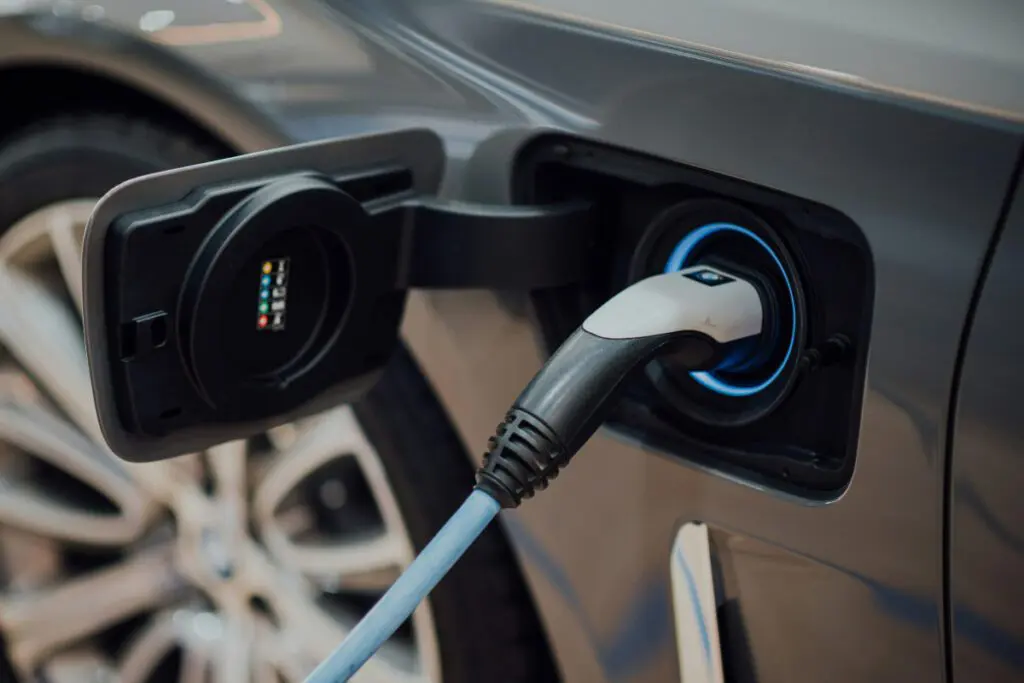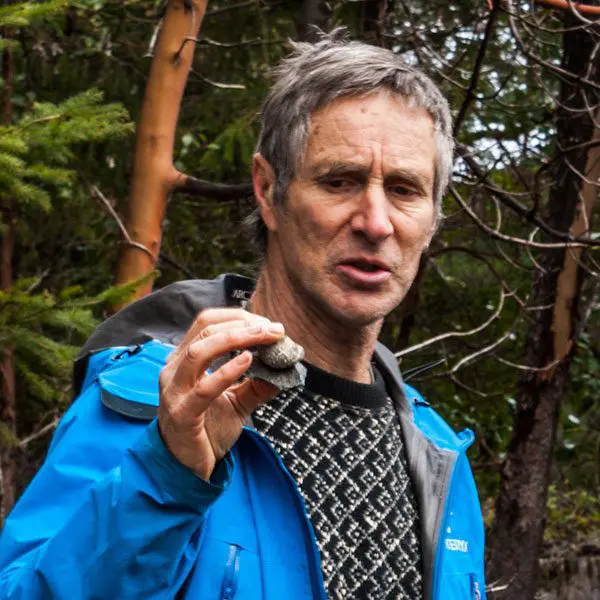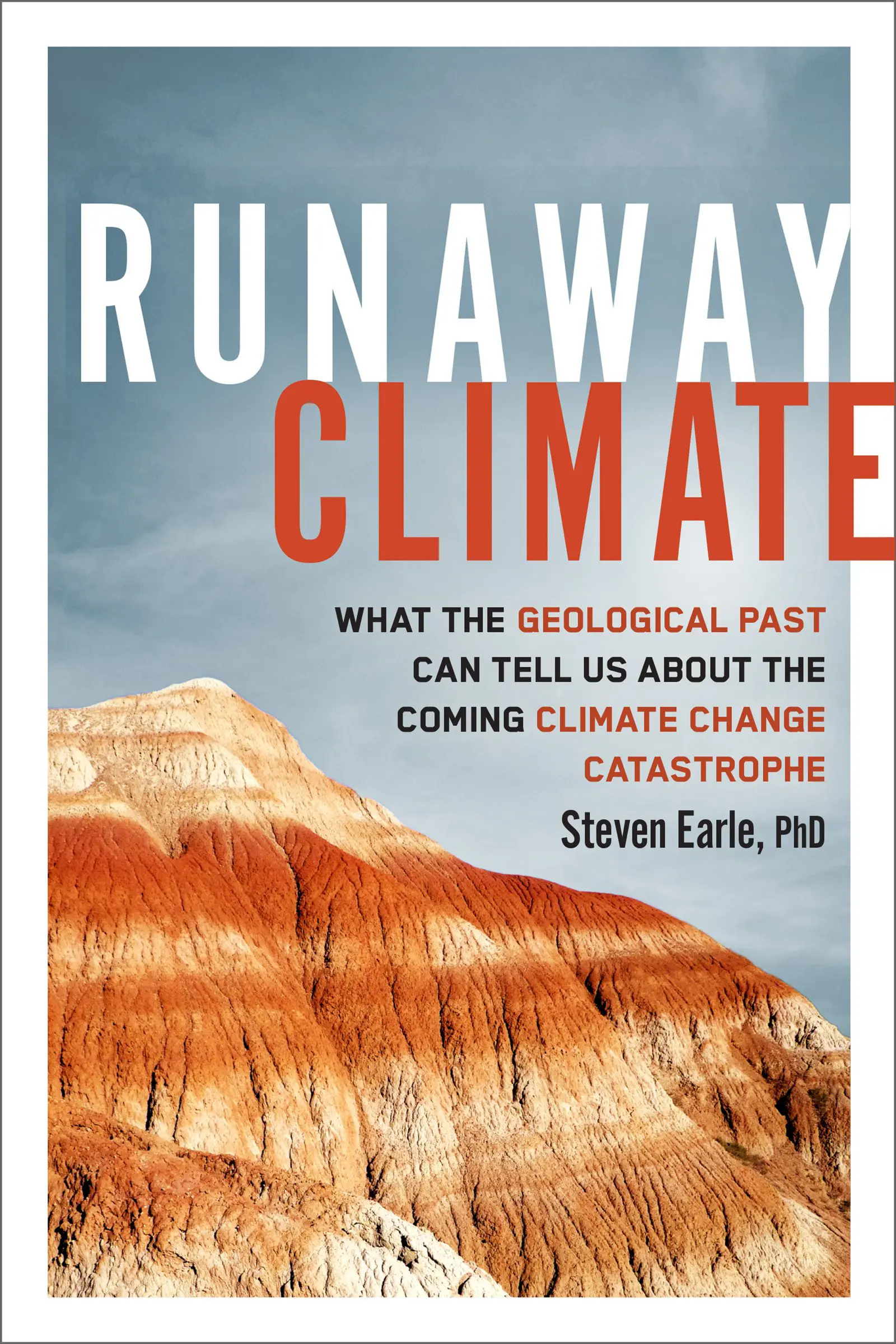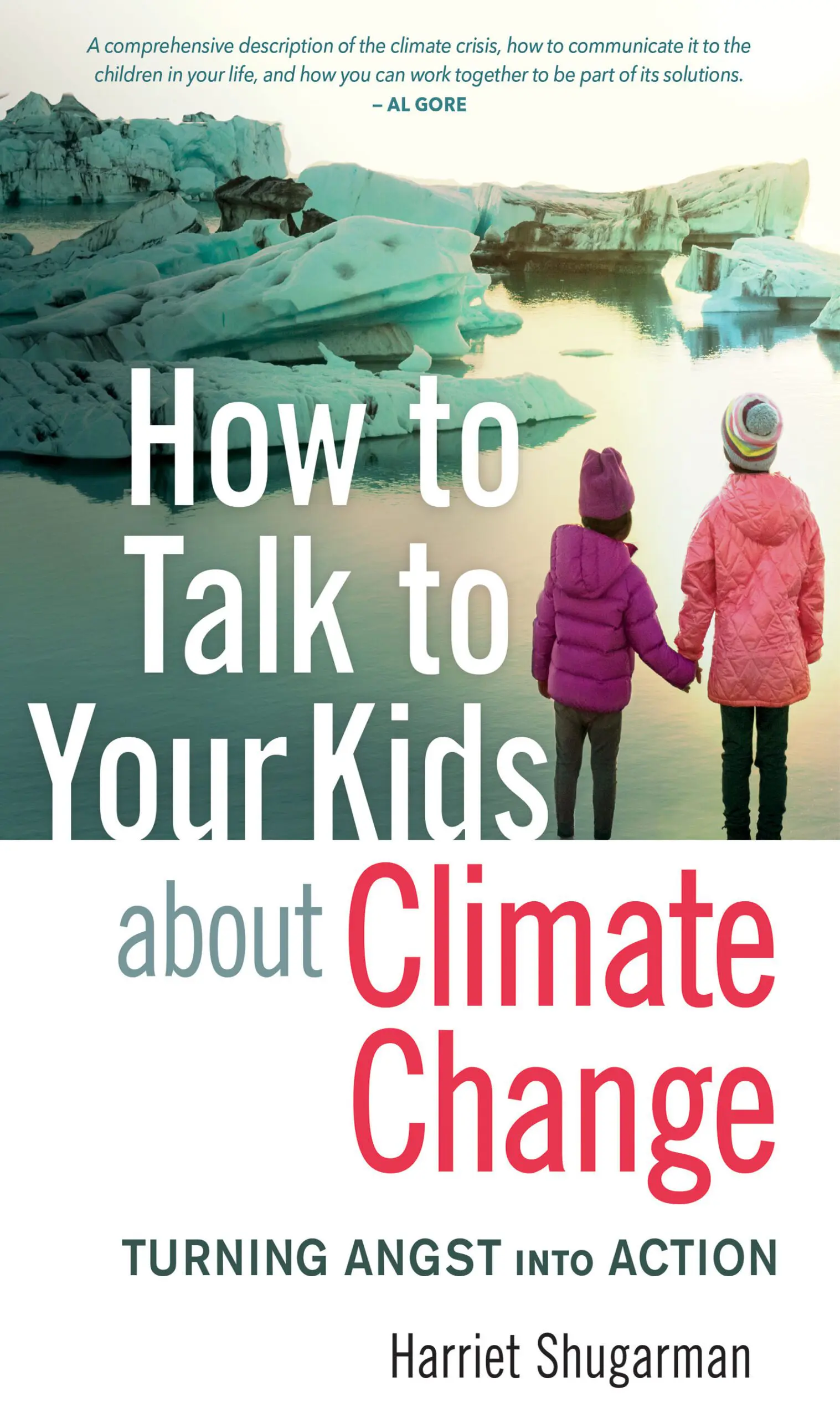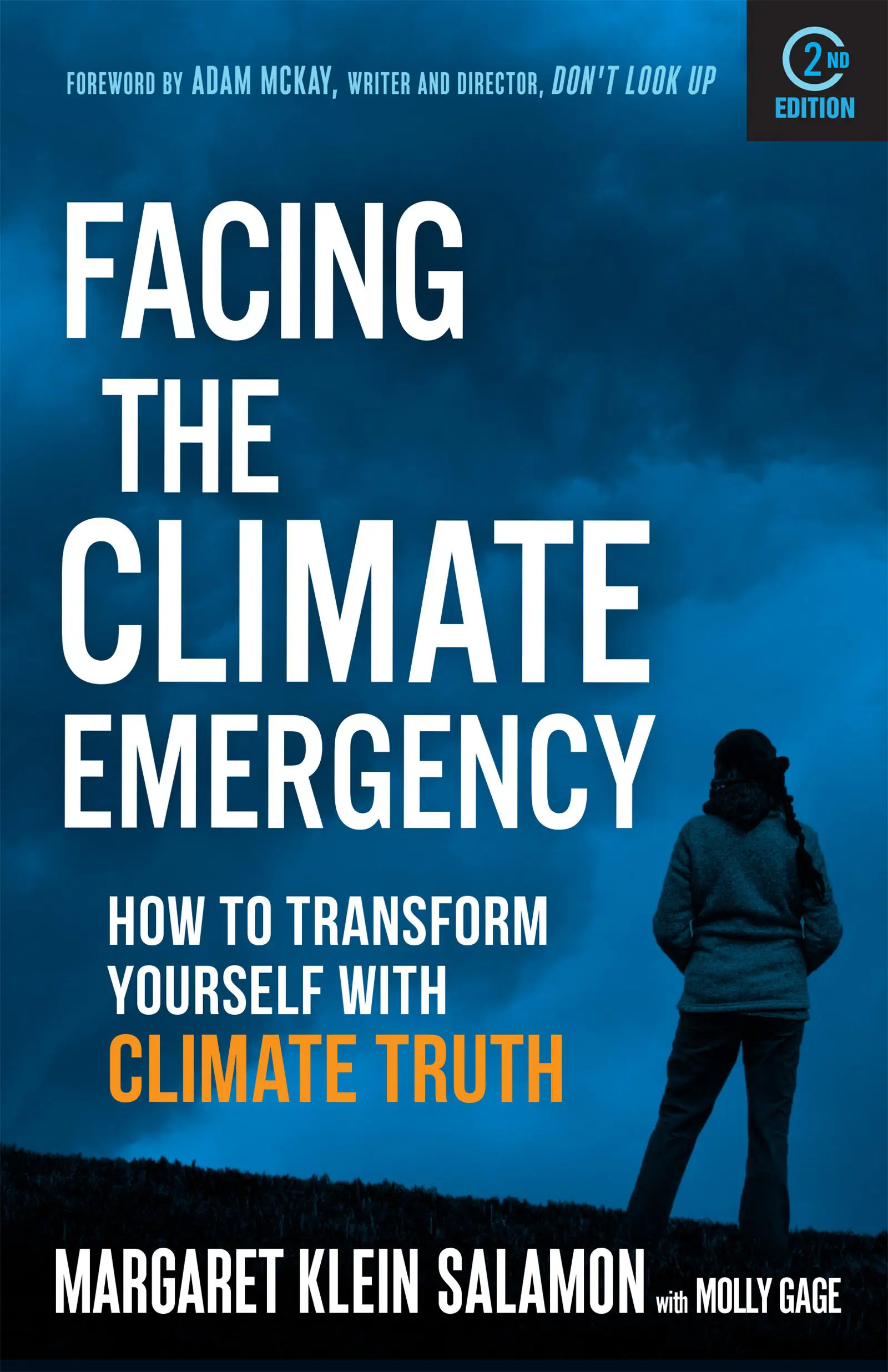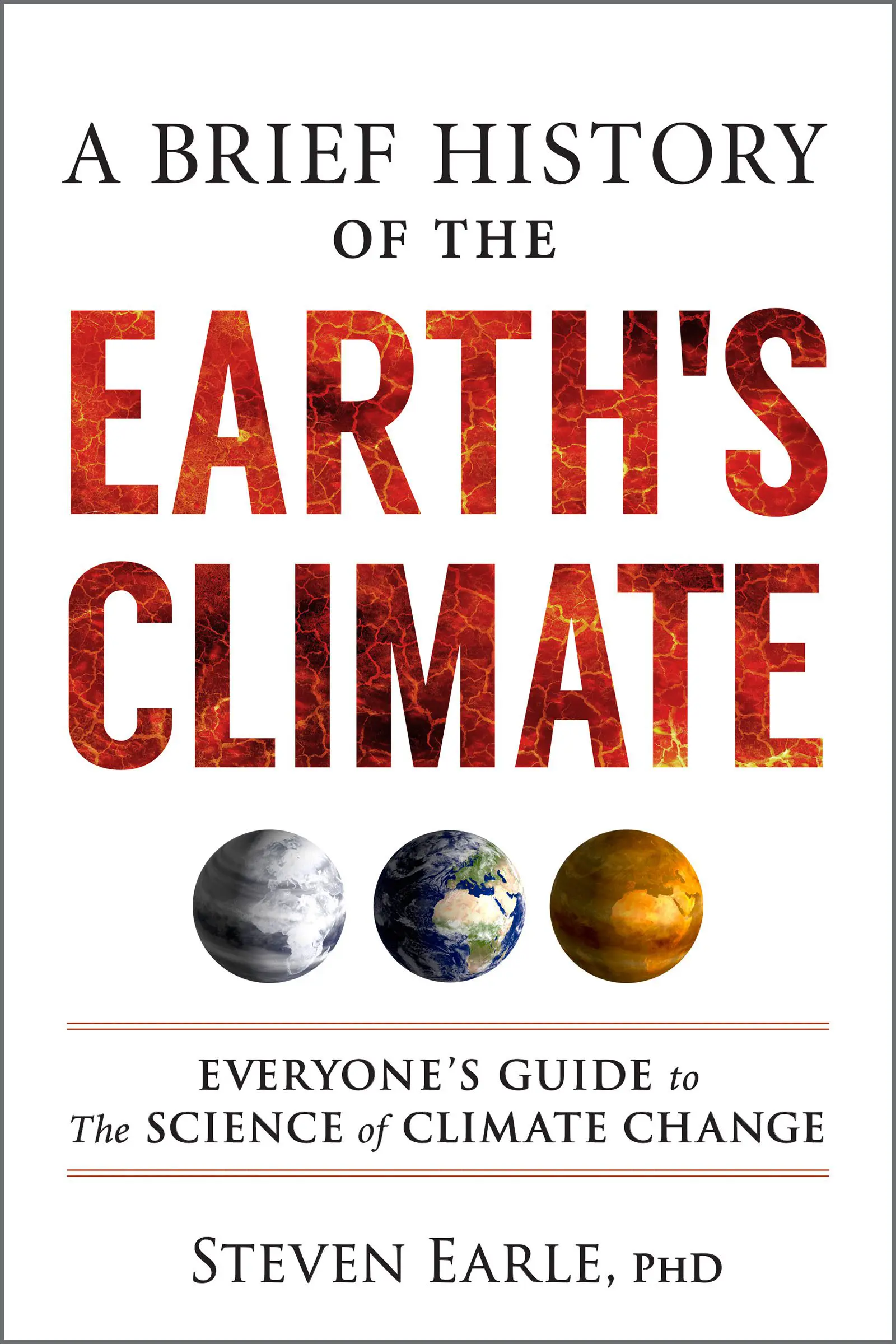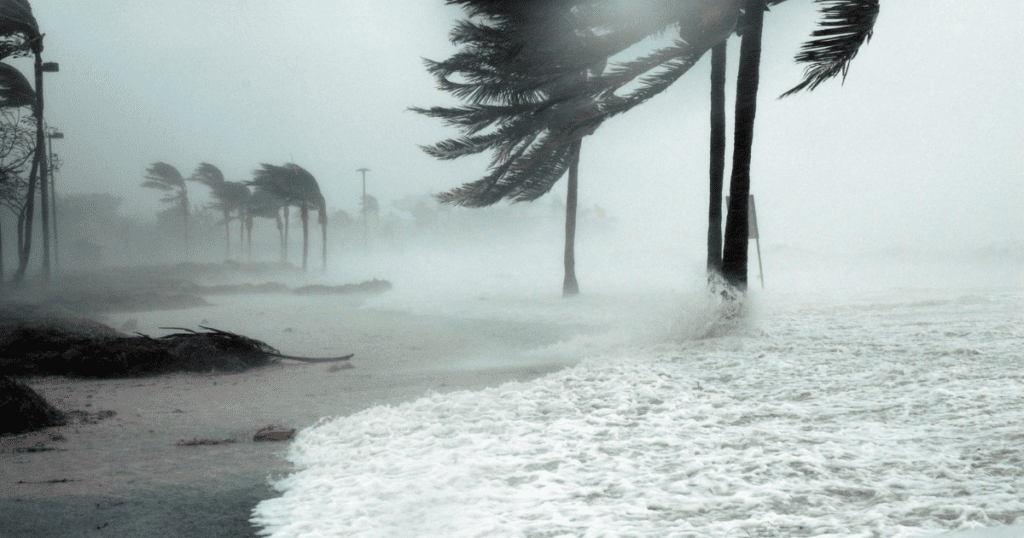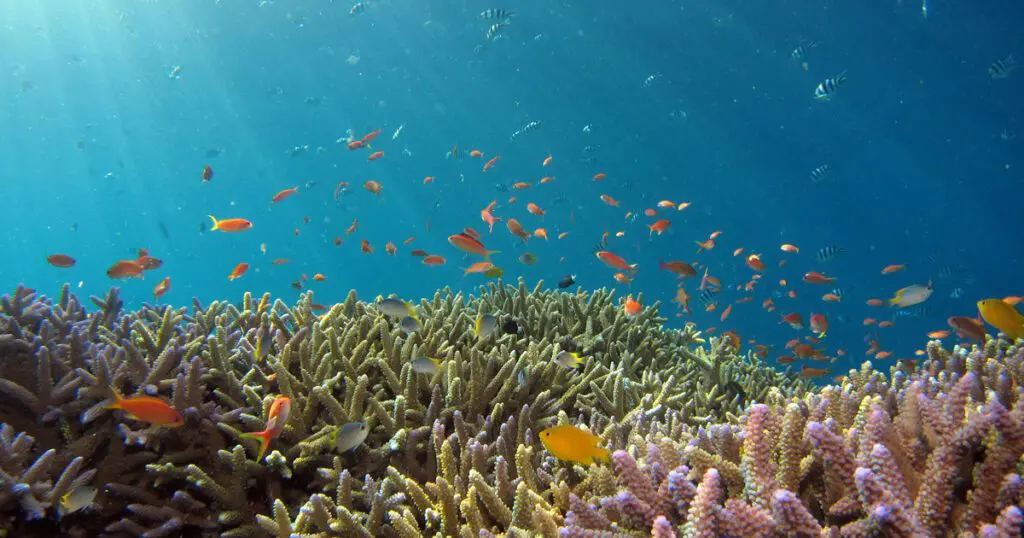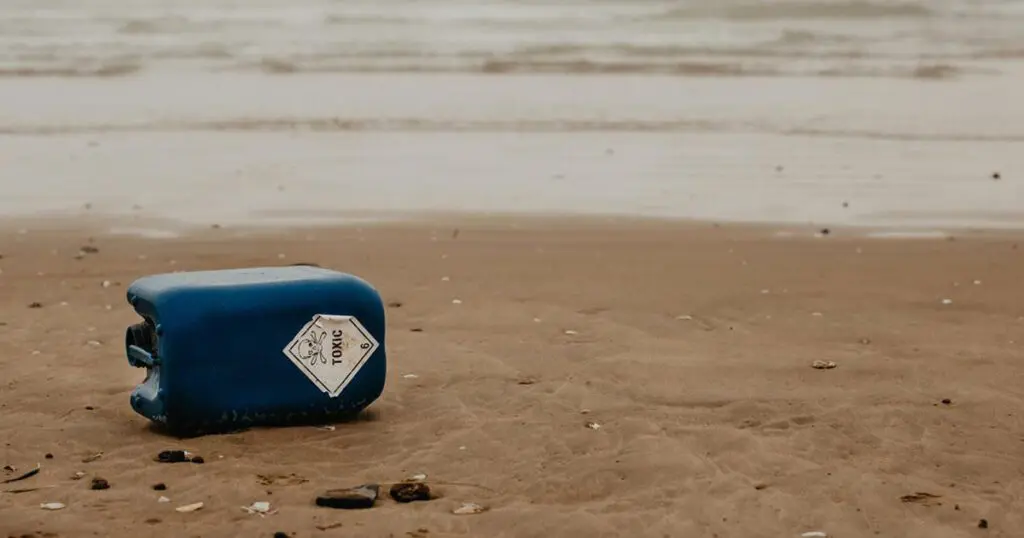
With greenhouse gas emissions rising seemingly unchecked, we are on track to cause rapid global warming. But how bad could climate change get and what might it do to planet Earth and humanity? In his book Runaway Climate, author Steven Earle looks back 56 million years to explore the causes of the Paleocene Eocene Thermal Maximum (PETM) rapid climate-heating episode, its dramatic impact on life on Earth, and lessons for our climate future.
Earle argues that by understanding the PETM, we will be in a better position to also understand the need to take immediate and drastic action to change course.
In this interview, Steven gives us a look at both the distant past and some potential futures.
What happened on earth during the PETM, and why?
At the start of the PETM the average temperature on Earth soared by as much as 8° C within a few thousand years. It stayed that hot for about 100,000 years, and then gradually started cooling down, returning to pre-PETM levels after about another 80,000 years. We don’t know exactly what got the PETM started. The most compelling arguments are that there was a peak in solar radiation related to the Milankovitch cycles (the variations caused by subtle changes in the Earth’s orbital parameters) that coincided with a period of volcanism in the north Atlantic. That might have triggered the observed climate change, and it would have then been amplified and maintained by feedbacks, such as release of GHGs from permafrost and from a warming ocean, and changes to ocean currents.
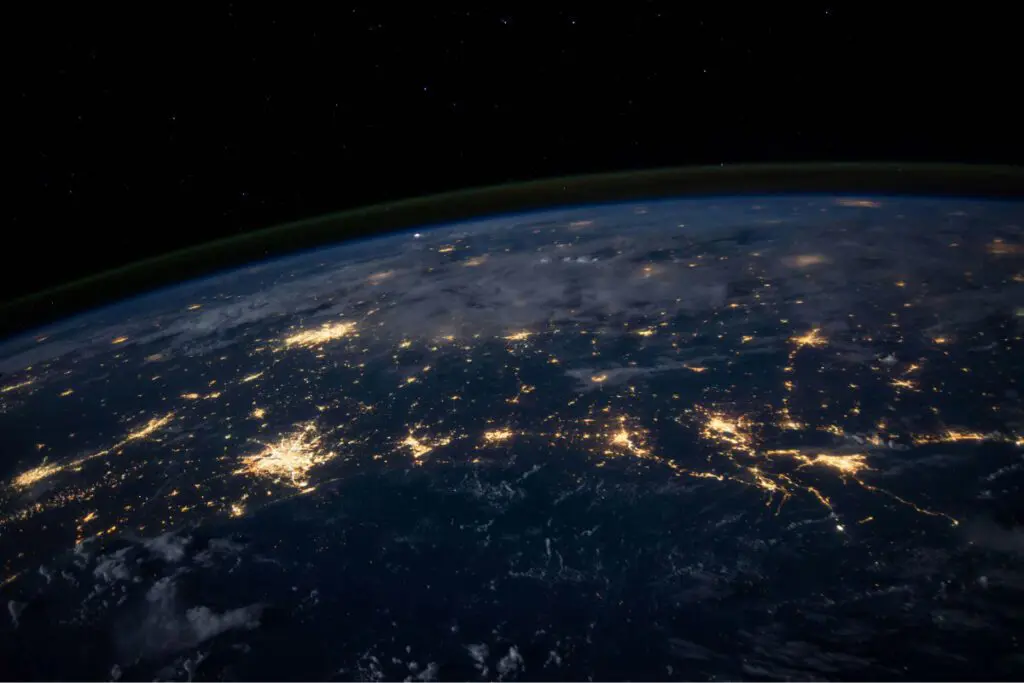
How was the Earth and life of that time affected?
There is compelling evidence that the higher temperatures led to dramatic drying in many, perhaps even most regions, resulting in a shift away from coniferous forests to much less dense deciduous forests. In many cases the new ecosystems included species that had been growing over a thousand kilometres closer to the equator. There were significant extinctions in the oceans. Reef ecosystems were lost over a vast area, and that would have had major impacts on many other marine communities. There were relatively few extinctions on land, but many forced migrations. Interestingly, three new types of organisms evolved early in the PETM, including even-toed ungulates (ancestors to deer, cattle, goats etc.), odd-toed ungulates (ancestors to modern horses), and primates (ancestors to us). Although most land plants and animals did survive the PETM, it is very unlikely that a civilization like ours could have survived the dramatic climate changes of that time.

What do we need to do to prevent a PETM-like tipping point?
We need to make significant and rapid changes to how we do things. We knew that anyway, but understanding how much worse it could get if a PETM-like scenario unfolded now, only adds to the urgency to get our house in order. The most important thing is to quickly and completely (within a decade) stop using fossil fuels. That includes fossil fuels for electricity generation, for industrial processes, and for transportation. We also need to reduce our consumption of meat, especially beef. Although the changes will be significant, most of them represent win-win-win scenarios. For example, reducing the amount of driving we do in fossil-fuel vehicles, and shifting at least some of that to active transportation (walking, cycling) will reduce our GHG emissions and other car-related pollution, will reduce traffic congestion and noise, and will make us fitter, healthier and happier.
